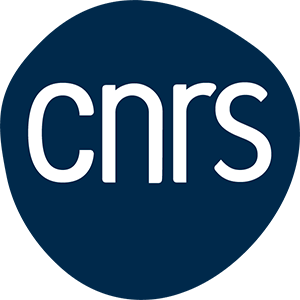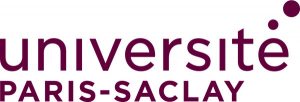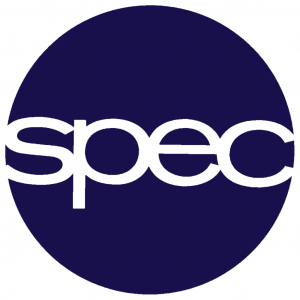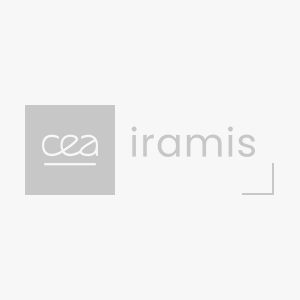Domain, Specialties : Material physics
Keywords: Fracture, solid state physics
Research Unit : SPEC / SPHYNX
Summary
The aim of this internship is to set up and optimize a new method for studying material fractures. It consists in post-mortem imaging of the localized heating that occurred during fracture propagation, by micro-Raman analysis of the partial carbonization of a thin carbon layer previously deposited on the sample.
Full description
From broken glass to collapsing buildings, structural failure poisons and even ravages our daily lives. Predicting its occurrence is not easy ! This question is classically addressed within the framework of Griffith’s fracture mechanics: a crack only begins to grow when the stress applied to it (stress intensity factor or energy release rate, G) becomes greater than a certain threshold value, coined fracture energy or fracture toughness and defined as a material constant and characteristic of its response to fracture. However, in disagreement with this formalism, there are slow cracking regimes observed at stress levels below this threshold value, encountered in fatigue or creep problems for example.
It has recently been proposed that the crack growth could be considered as a thermally activated process, whose temperature explicitly takes into account the heating induced at the crack tip by local damage processes. In slow cracking regimes, this heating has time to diffuse into the solid, so the temperature rise remains low. However, the increase in crack velocity prevents the heat from escaping. As a result, the temperature at crack tip becomes significantly higher, the elements break all the faster, the phenomenon spirals out of control, and becomes compatible with Griffith’s description.
This new theoretical framework is extremely promising, but needs to be tested and constrained experimentally. In particular, it is necessary to prove and quantify the temperature rise invoked. The aim of this internship is to set up and optimize a new method for demonstrating this localized heating post-mortem, via micro-Raman analysis of the partial carbonization of a thin carbon layer previously deposited on the sample. The successful trainee will thus have the opportunity to implement various advanced methods in condensed state physics (evaporation deposition, Raman microscopy, etc.) and experimental mechanics (fracture tests and analysis methods). At the end of this internship, he/she will be able to pursue a thesis funded as part of a collaborative ANR project involving the Institut Terre et Environnement de Strasbourg (ITES), the Laboratoire de Physique at ENS Lyon, the Institut Lumière Matière (ILM) at the University of Lyon, and Service de Physique de l’Etat Condensé (SPEC) at CEA Saclay.
This internship/thesis will take place at SPEC at CEA Saclay located at University Paris-Saclay, 25 km South of Paris, France. It is at the interface between condensed matter physics, solid mechanics and material science. The successful candidate will have the opportunity to manipulate the theoretical and experimental tools used in these three fields. It is part of a collaborative ANR project (ANR Hottips) involving four laboratories with diverse experimental, theoretical and numerical expertise. Finally, the highly fundamental yet applied nature of this research will enable the candidate to find numerous outlets in the academic world and in industry at the end of the thesis.
Location
CEA Saclay, Site de l’Orme des merisiers (91) Essonne, France
Internship conditions
- Internship duration: 6 months
- Level of study: Bac+5
- Training: Master 2
- Continuation in PhD thesis: Yes
- Application deadline: 3 février 2025
Experimental skills
Language : English
Useful methods and technics: Micro-Raman analysis
Supervisor
Daniel BONAMY
Phone: +33 1 69 08 21 14
Email :




